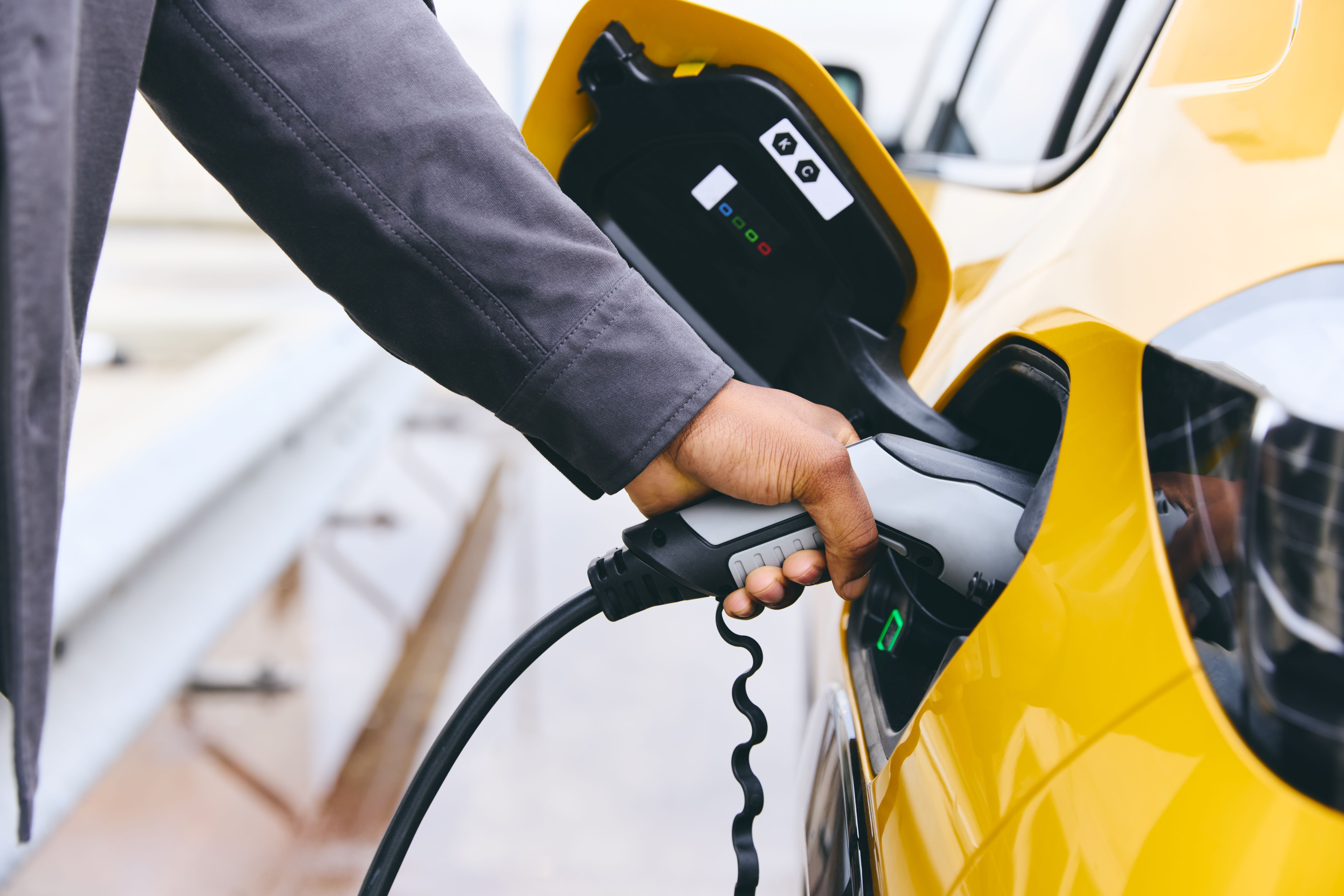Electric Car Incentives for Employers in France
Understanding Electric Car Incentives in France
France has been at the forefront of promoting sustainable energy solutions, and electric vehicles (EVs) are no exception. For employers looking to transition their fleet to electric, there are several incentives available that can make this shift not only environmentally friendly but also economically viable. Understanding these incentives is crucial for any business looking to benefit from the growing EV market.
Follow our article on the impact on payroll of company car.
How to write a contract in France, CDI or CDD? check more of our articles.

Tax Benefits and Deductions
The French government offers various tax incentives to encourage businesses to adopt electric vehicles. One of the primary benefits is the reduction in company car tax. Employers can benefit from a reduced tax rate on fully electric company cars, making it a cost-effective choice for those looking to replace or expand their fleet.
Moreover, companies can deduct up to €30,000 from their taxable income for each electric vehicle purchased. This deduction significantly lowers the overall financial burden of acquiring new EVs, making it easier for businesses to invest in sustainable technology.
Some of the benefits are a lower social contribution, to understand more about that and URSSAF, follow the link.
Example:
If a leased EV costs €12,000/year (leasing, insurance, maintenance), the benefit-in-kind is calculated as:
€12,000 × 30% = €3,600
50% reduction = €1,800
Final taxable benefit = €1,800/year
And charging costs are not taxed
Subsidies and Grants
In addition to tax incentives, the French government also provides subsidies and grants to businesses that invest in electric vehicles. The Bonus Écologique is a popular scheme where businesses can receive up to €7,000 per vehicle. This bonus helps offset the initial purchase cost, allowing more companies to consider electric vehicles as a feasible option.

Charging Infrastructure Support
A critical aspect of transitioning to electric vehicles is ensuring adequate charging infrastructure. The French government supports employers by offering grants for installing charging stations at business premises. By providing financial assistance for infrastructure development, businesses can ensure that their electric fleet remains operational and efficient.
Furthermore, local governments often collaborate with businesses to develop public charging networks, ensuring that employees and customers have access to convenient charging options. This collaboration enhances the overall appeal of switching to electric vehicles.
Employee Benefits
Employers can also leverage electric vehicle incentives to offer attractive benefits to their employees. Providing company cars with lower running costs not only promotes sustainability but also reduces the financial burden on employees. Additionally, employees who drive electric vehicles may benefit from reduced personal income tax rates under specific conditions.

Environmental Impact and Corporate Responsibility
Adopting electric vehicles aligns with corporate social responsibility goals by reducing carbon footprints and promoting environmental sustainability. Companies that demonstrate a commitment to eco-friendly practices often enjoy enhanced brand reputation and customer loyalty.
The shift towards electric vehicles is not just a regulatory requirement but a strategic move that resonates with clients and partners who prioritize ecological initiatives.
Conclusion: Seize the Opportunity
With numerous incentives available, now is an opportune time for employers in France to transition their fleets to electric vehicles. The combination of financial savings, environmental benefits, and enhanced corporate image makes this an attractive proposition for any forward-thinking business. By understanding and utilizing these incentives, employers can play a pivotal role in driving the nation's move towards a greener future.